June 16th. Another cloudless summer day. The RTE Six O’Clock News finishes with a montage of boater hats, round spectacles, moustaches and parasols. Colourful crowds gather each side of the River Liffey and also at the cream-grey Martello Tower in Sandycove. All the while, the rallying voice of David Norris holds sway over tourists and Dubliners alike, uttering the onomatopoeic, bubbling words of James Joyce.
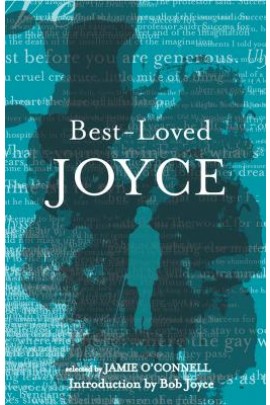
This year is different. There will be no Joyce Tours through sunny Dublin streets, pop-up readings and stands of food and drink. Most will be at home. I’ve sat at my desk in Kenmare, away from ‘dear dirty Dublin’ for almost two months now. How will I mark the day? I’m not sure I could stomach a plate of fried kidneys for breakfast, with their ‘fine tang of faintly scented urine’.
In 2017, I compiled a book of Joyce extracts and quotations: Best-Loved Joyce (O’Brien Press). As I think back over my reading of Joyce for that project, I try to recall what lines and phrases in his work have stayed with me since. What makes a meaningful quote, something more than straightforward wit? For me, the best quotes are something deeper; they are the ones that spontaneously arise in a specific time, far beyond the reading of the text, giving that moment an increased richness.
Last summer, I drove the country roads of Meath, and observed the clouds of small white flowers overflowing from the ditches onto the road, and I recalled a line from Philip Larkin’s ‘Cut Grass’, where he describes the ‘Lost lanes of Queen Anne’s lace.’ I was taught that poem for my Leaving Certificate two decades ago by a brilliant but terrifying English teacher. However, last June, my experience of nature’s beauty was enhanced by the memories which arose from that poem.
There is a quote by Joyce that has had a similar effect on my life, one that’s bubbled up time and time again. It’s in ‘After the Race’, a Dubliners short story – one of the lesser known stories from the collection. Four young men are sitting in a car clearly in a state of exhilaration after the race. Three of them seem to be unqualifiedly happy. However, the fourth Irish man, Doyle, is described as ‘too excited to be genuinely happy’.
I’d never dwelled that phrase previously. However, when I was compiling extracts, this line gave me pause. Joyce has observed something about the nature of excitement (an emotion we generally see as positive), how unreliable and fickle it is.
There have been so many times in my life where I’ve used the adrenaline of excitement hide unpleasant feelings, be it the excitement of a night-out to forget about a tough week of work, or the excitement of achievement to hide day-to-day feelings of unhappiness. I’ve even noticed this use of adrenaline-soaked excitement during this pandemic. The days I overfill with busy-ness, the adrenaline, the workouts, the coffee, the zoom calls, the ‘to-do’ lists ticked off, are good for hiding the true emotion that lies underneath: a horrible sense of powerlessness. As Joyce says, it’s not ‘genuine happiness’.
Of course, excitement can be a wonderful thing but because of Joyce’s insight, I’ve grown more discerning as to when it’s just a cover-up. This is what I love about literature. As Marcel Proust said:
‘Every reader, as he reads, is actually the reader of himself. The writer’s work is only a kind of optical instrument he provides the reader so he can discern what he might never have seen in himself without this book.’
Marcel Proust
Books help us to understand ourselves. The scenes, quotes and lines we love – and by ‘love’ I mean still recall after two decades while driving through Meath – are rarely the clever wordplays of the author. Our love comes due to our emotional affinity, on a deep level, to a work of art. As Joyce writes,
‘The object of any work of art is the transference of emotion; talent is the gift of conveying that emotion.’
James Joyce
When I think of Irish authors like Anne Enright and her book, The Gathering, the impression that remains with me is the rage and despair of the main protagonist, and how I felt what she felt. Conversely, when I think of children’s books and films I loved, like The Chronicles of Narnia and The Twits, what keeps them alive in my mind is the delight (and thrilling disgust) that they created within me as an eight-year-old.
Joyce is a master of ‘conveying’ emotion. There are countless moments in his work that do this, like the wistfulness, the profound sense of loss, at the end of ‘The Dead’, such lines as, ‘Better pass boldly into that other world, in the full glory of some passion, than fade and wither dismally with age’.
Or the ecstatic feeling that comes with infatuation: ‘I put my arms around him yes and drew him down to me so he could feel my breasts all perfume yes and his heart was going like mad and yes I said yes I will Yes.’ The lack of punctuation in this line, the river of words, capturing the rise and rush of emotion the reader experiences with Molly Bloom.
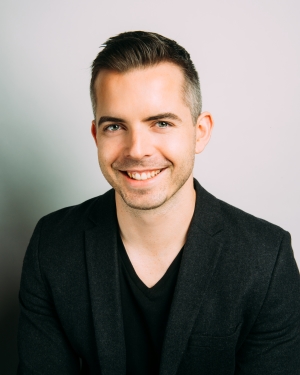
If Joyce is right, if great art is the ‘transference of emotion’, then he is a writer worthy of Bloomsday and its exuberant celebrations. Quite often now, when I grow excited about a forthcoming happy event, his observation in ‘After the Race’ arises in my mind. I find myself enjoying the sensation (it feels good to be excited) but not totally identifying with it, as I once did. In this way, and in others, I know myself better for having read Joyce’s work.
Jamie O’Connell was Highly Commended for the Costa Short Story Award 2018, shortlisted for the Maeve Binchy Award and the Sky Arts Future’s Fund, and long-listed for BBC Radio 4 Opening Lines Short Story Competition. He has received bursaries from The Arts Council of Ireland, Culture Ireland, Dublin City Council and Cork City Council. He has previously taught in University College Dublin and has previously worked for Penguin Random House and Gill Books. He was on the committee of Dublin Book Festival (2014-16) and one of the judges of the Irish Bookseller of the Year Award 2018. His debut novel will be published in 2021.



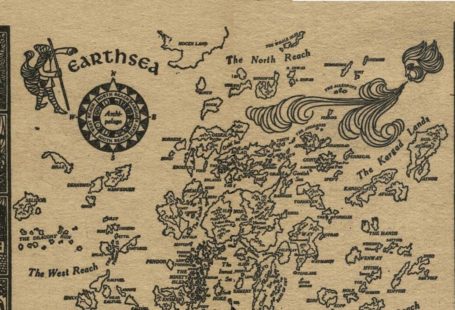
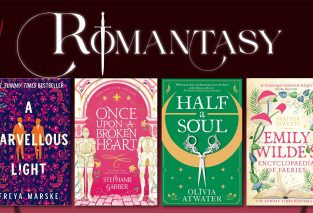
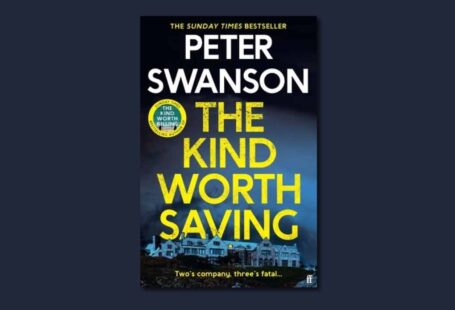
Recent Comments